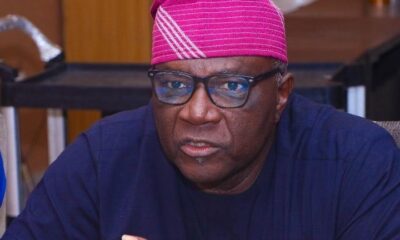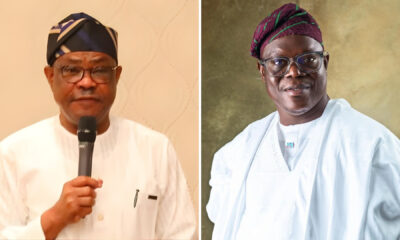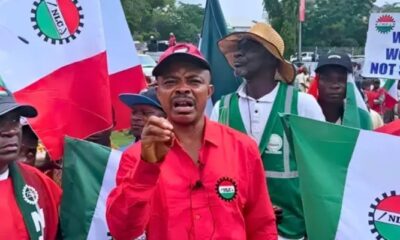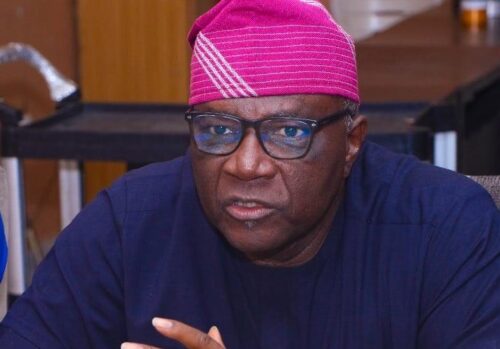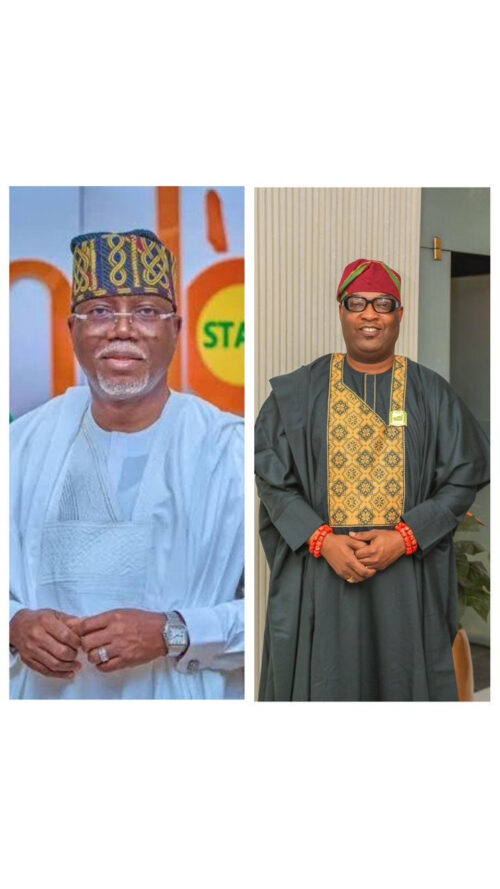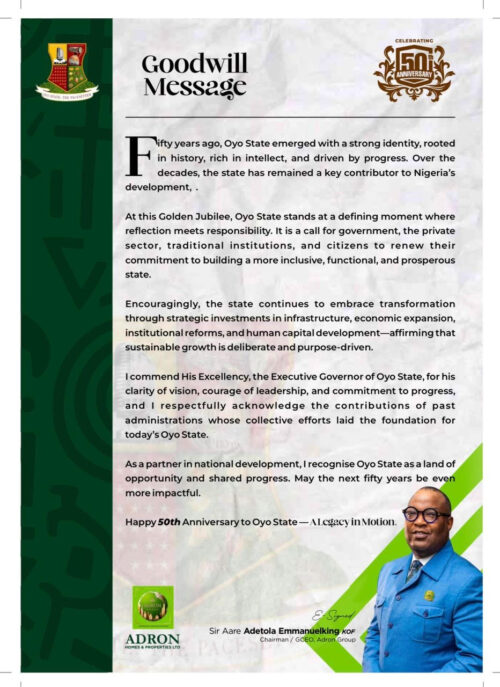- /home/porsch10/public_html/wp-content/plugins/mvp-social-buttons/mvp-social-buttons.php on line 27
https://porscheclassy.com/wp-content/uploads/2016/10/Musiliu-Obanikoro-e1549356175271.jpg&description=Battle For Lagos West: Drama As Obanikoro, Yayi’s Supporters Clash at Ambode’s Endorsement Rally', 'pinterestShare', 'width=750,height=350'); return false;" title="Pin This Post">
- Share
- Tweet /home/porsch10/public_html/wp-content/plugins/mvp-social-buttons/mvp-social-buttons.php on line 69
https://porscheclassy.com/wp-content/uploads/2016/10/Musiliu-Obanikoro-e1549356175271.jpg&description=Battle For Lagos West: Drama As Obanikoro, Yayi’s Supporters Clash at Ambode’s Endorsement Rally', 'pinterestShare', 'width=750,height=350'); return false;" title="Pin This Post">
-

 NEWS4 days ago
NEWS4 days agoReimagining Urban Spaces: The Forward-Thinking Public-Private Collaboration in Obalende’s Transformation By Babajide Fadoju
-

 BIG STORY2 days ago
BIG STORY2 days agoLagos Couple Stages Self-Kidnap To Raise Funds For Husband’s US Return Ticket, Arrested With N10m Ransom
-

 NEWS3 days ago
NEWS3 days agoAdron Homes Unveils “Love for Love” Valentine Promo with Exciting Discounts, Luxury Gifts, and Travel Rewards
-
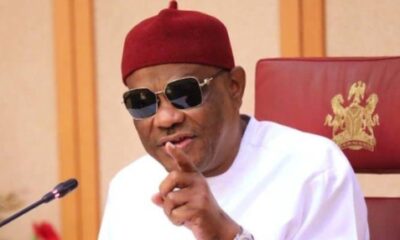
 BIG STORY5 days ago
BIG STORY5 days agoReturn To Work Immediately Or Face Legal Action, Wike Tells FCTA Workers As Court Orders Strike Suspension
-

 BIG STORY4 days ago
BIG STORY4 days agoPolice Arrest Six For ‘Hacking Telecoms Firm To Divert N7.7bn Airtime’, Recover 400 Laptops, 1000 Mobile Phones
-
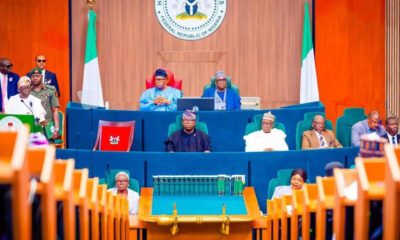
 BIG STORY5 days ago
BIG STORY5 days agoJudicial Reforms: Tinubu Proposes Virtual Hearings, Increases Appeal Court Justices To 110
-
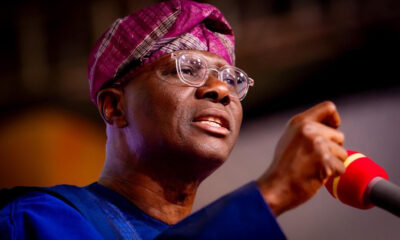
 NEWS4 days ago
NEWS4 days agoSanwo-Olu’s Tough Actions, Soft Power By Tunji Bamishigbin
-

 BUSINESS1 day ago
BUSINESS1 day agoFIRST HOLDCO PLC – TAKING THE BULL BY THE HORN WITH A RECORD IMPAIRMENT CHARGE; GROWS GROSS EARNINGS TO N3.4 TRILLION FOR THE UNAUDITED FULL YEAR ENDED DECEMBER 31, 2025.







